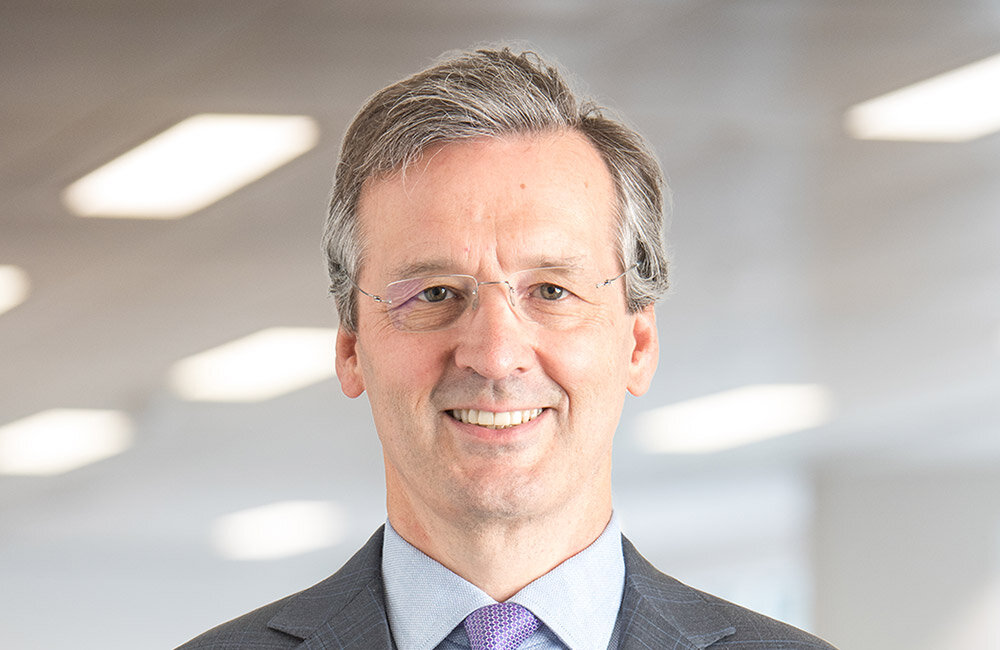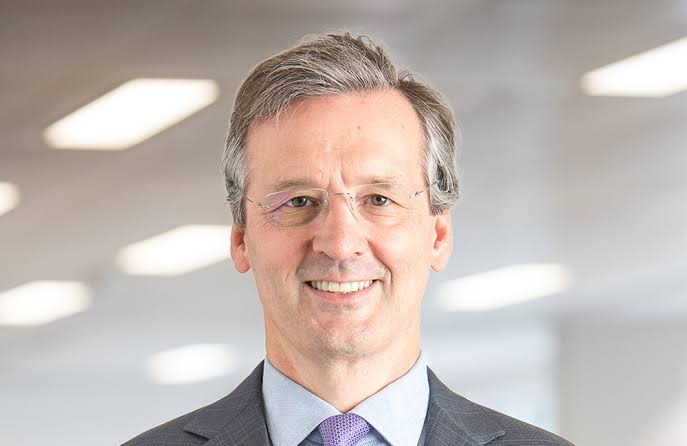British International Investment Launches in South Africa to Accelerate Clean Energy Investments
The British International Investment (BII), the UK’s development finance institution (DFI) and impact investor, launched its new name at a business reception in Johannesburg and reaffirmed its commitment to invest to accelerate South Africa’s economic dynamism. BII will deploy its patient long-term capital toward scaling climate finance and expanding the country’s clean energy capacity, increasing investments into economic transforming sectors, and backing productive and inclusive opportunities across the country.
Nick O’Donohoe, Chief Executive of BII, co-hosted the event on Tuesday alongside Adam Bye, Deputy High Commissioner to South Africa. Addressing the business leaders, key local stakeholders, ministers and BII partners in attendance, Mr O’Donohoe highlighted the DFI’s special relationship with South Africa and reiterated BII’s ambition to align its investment strategy to help solve pressing challenges in South Africa including urgently delivering reliable clean energy.

In 2021, BII’s portfolio in South Africa was valued at over $142 million. Having significantly scaled its investments into clean energy infrastructure in 2022, the DFI’s commitment today now stands at over $520 million.
Read also : Africa Hospitality Investment Forum (AHIF) Attracts Industry Big Guns
These latest investments include BII’s partnership alongside Standard Bank and H1 Holdings in three Kenhardt projects under South Africa’s Risk Mitigation Independent Power Producer Procurement Programme (RMIPPPP). The projects represent Africa’s largest and South Africa’s first baseload renewable energy project, powered entirely by renewable sources. BII also invested in H1 Holding, a South African black-owned and managed renewables investment and development company –supporting the development of additional c. 2.4 GW of gross renewable capacity in the country.
British High Commissioner to South Africa, Antony Phillipson, said: “I am delighted that BII are making such a strong commitment to enhancing their presence and impact in South Africa. I particularly welcome BII’s focus on investments that will help to build South African businesses, and create more economic opportunities for people and communities that urgently need them. This is a vital part of the partnership between South Africa and the UK in key sectors like renewable energy, healthcare and infrastructure. These are critical to helping South Africa achieve its ambitions to create inclusive economic growth, and to deliver a Just Energy Transition through investment in a green, sustainable and job creating economy.”
O’Donohoe also highlighted BII’s investment focus on helping to reduce inequality in South Africa. The DFI’s recent investment in Lona Foods is increasing productive and inclusive economic opportunities for low-income workers – particularly women. BII backed Summit Fund, a black-owned and managed private equity fund that is investing in underserved areas, and the DFI’s commitment to H1 Capital marked its first direct investment in a Broad-based Black Economic Empowerment (BBEE) company in South Africa.
Read alsoHow Nigerian Tech Startups Raised Over $2bn From 2015 to 2022
Commenting on BII’s future ambitions in the country, Chief Executive Officer Nick O’Donohoe said: “BII will continue to partner with key players whose work help to promote inclusive opportunities and stimulate productive and sustainable growth.”
“We are committed to championing the expansion of South African firms into other African markets, to facilitate knowledge sharing and deliver best-in-class technical and operational expertise that will accelerate national and continental prosperity. As we advance through our new strategy period, BII remains determined to leverage our expertise as Africa’s largest climate finance investor to invest in nascent renewable technology, and water supply projects and help mobilise more commercial capital to grow South Africa’s economy.”
BII first invested in South Africa in 1995 when it backed a 440 km motorway between Witbank and Maputo – the N4 road and toll plazas. Today, its investments in South Africa supports over 49,000 jobs in over 42 businesses and 26 investment funds.
BII’s additional investment activities in South Africa include:
Delivering clean power to South Africa’s grid through:
Globeleq, a BII majority-owned company and one of South Africa’s leading independent renewable energy providers.
Gridworks, a BII-owned electricity transmission and distribution platform.
ACWA Power’s Redstone Concentrated Solar Power Project – a project using pioneering energy storage technology to help increase South Africa’s renewable energy supply.
Read also Here’s How Egypt’s Leading Fintech Fawry And Video-on-Demand Platform Shahid Will Work Together
Investing $18.5 million in TymeBank – a digital banking group, to support the creation and launch of a new partnership channel and credit products that will increase services to under-served populations.
Backing Liquid Telecom with a $220 million investment in 2019 to improve access to affordable and high-quality internet and accelerate the company’s Cape-to-Cairo fibre network connection.
Partnering with South Africa’s Vodacom Group in the Global Partnership for Ethiopia consortium to improve access to affordable and high-quality internet in Ethiopia, and expand productivity and social inclusion across the country.
The DFI has an office in Johannesburg, which is led by Thithi-Kuhlase-Maseko, Head of Office and Coverage Director for South Africa.
Kelechi Deca

Kelechi Deca has over two decades of media experience, he has traveled to over 77 countries reporting on multilateral development institutions, international business, trade, travels, culture, and diplomacy. He is also a petrol head with in-depth knowledge of automobiles and the auto industry



